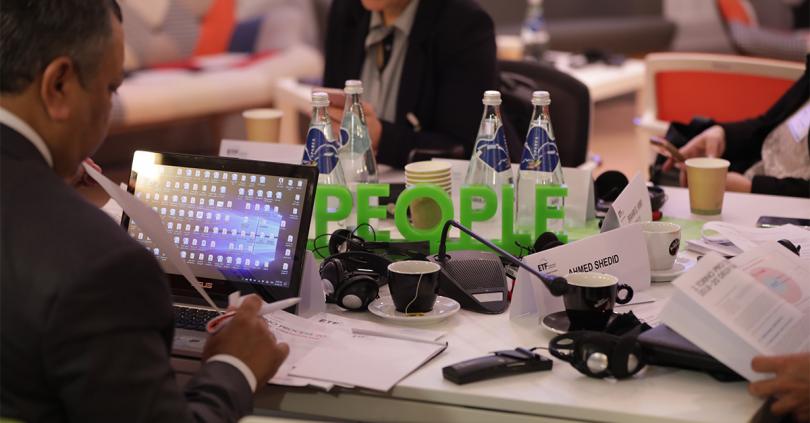
5 things you didn’t know about civil society organisations
When the civil society gets organised, education systems do work better. This is the main result of a research that explores how organised citizens contribute to shaping better training and labour market policies, and fostering resilience - even more so during the tough pandemic times. The research, run by the ETF in in Albania, Jordan, Serbia, Tajikistan, Ukraine, and Uzbekistan, flags some key trends closer than ever to local beneficiaries.
- Fact 1. Civil society organisations in Jordan usually work with young and adult people almost in the same proportion, but during the Covid crisis the priority shifted to the young population. They would like to be recognised as a key actor in lifelong learning and support to employment.
- Fact 2. In Serbia, civil society organisations that contribute to human capital development work predominantly for young people, often with disadvantaged background, and offer them non-formal learning and employment-related support. Through the Covid19 pandemic, they have learned to adjust activities to the new situation, and to start entirely new activities.
- Fact 3. In Albania, civil society organisations direct most of their activities to groups of vulnerable youth, and they see their work as effectively contributing to education, training and other forms of learning. However, the Covid pandemic resulted in changing both the activities and the beneficiaries of these activities.
- Fact 4. In Ukraine, civil society organisations take part in policy dialogue more often than in other countries. By helping to develop key competences and other skills of both young and adult people, the Ukrainian civil society organisations play a clear role in lifelong learning. The pandemic crisis has partly affected the civil society organisations action, for example with regard to informal learning. This period has also brought new capacity, including how to innovate activities and to motivate staff members and volunteers.
- Fact 5. Overall, because of the Covid-19 pandemic, the civil society organisations are revisiting their non-formal and informal learning activities and supporting employment as a way forward in the new reality. Fast-moving global developments and Covid-19 disruptions have forced them to rapidly adapt their practices to stay closer than ever to local beneficiaries and to innovate in their services.
To know more: click here
Did you like this article? If you would like to be notified when new content like this is published, subscribe to receive our email alerts.